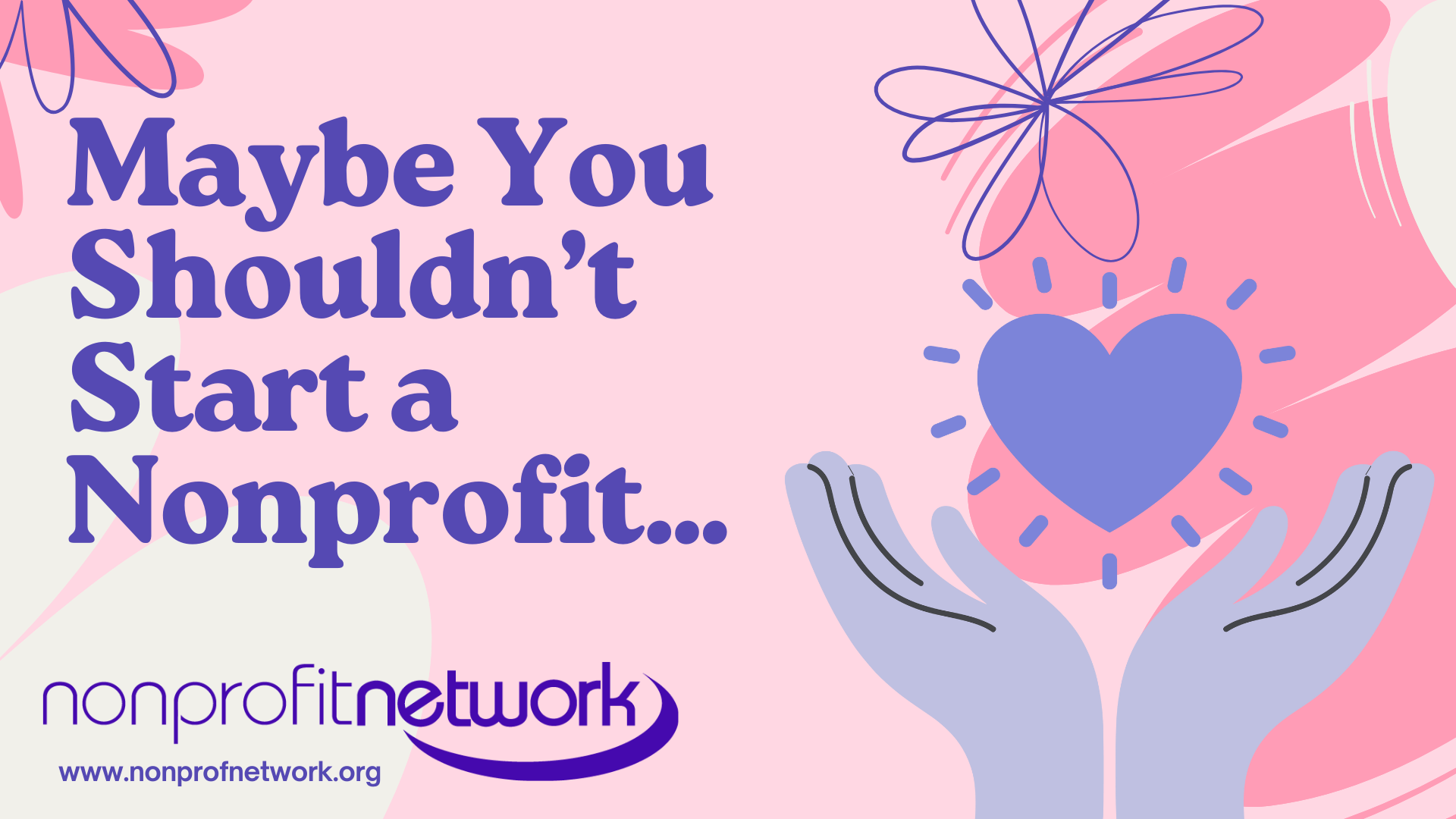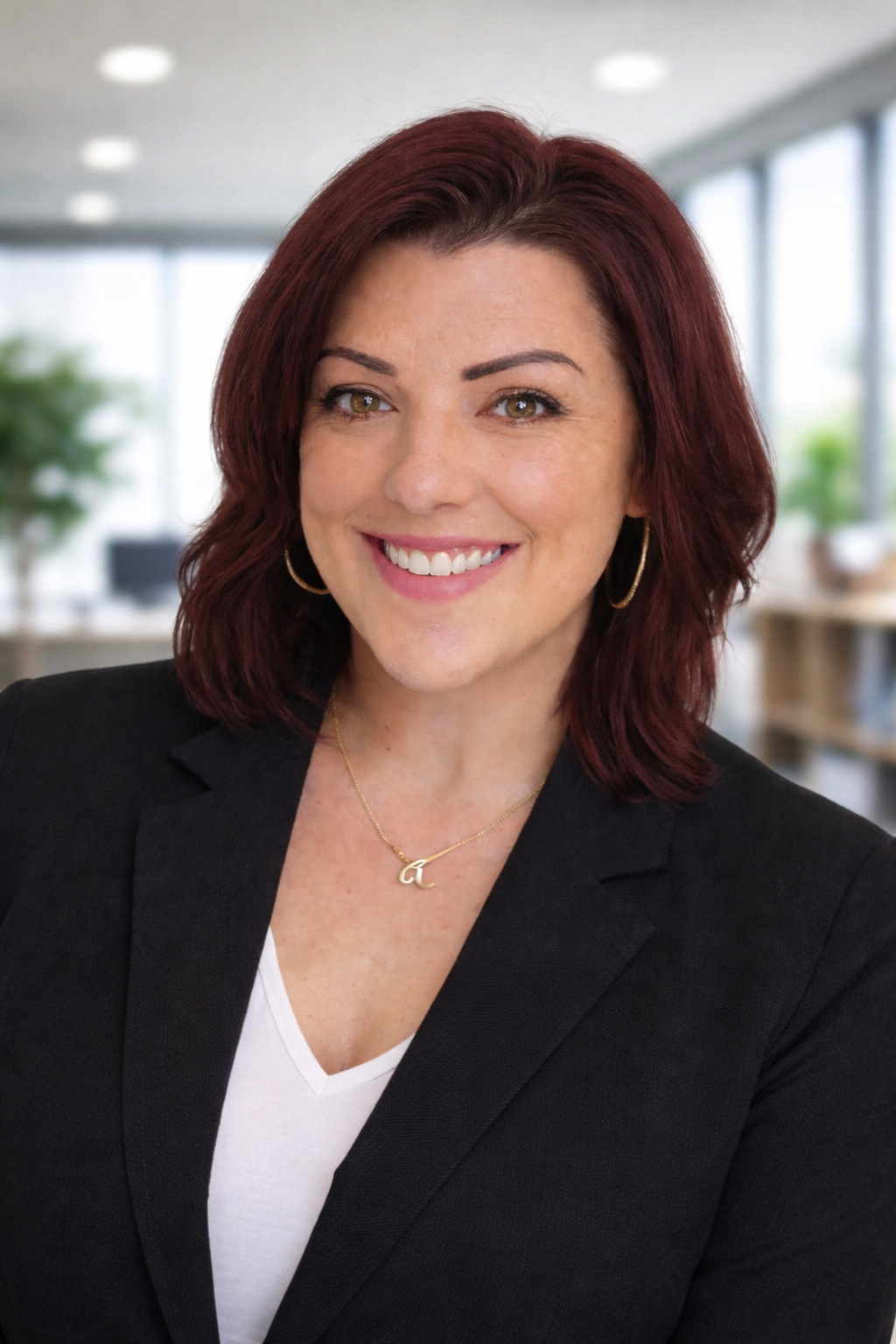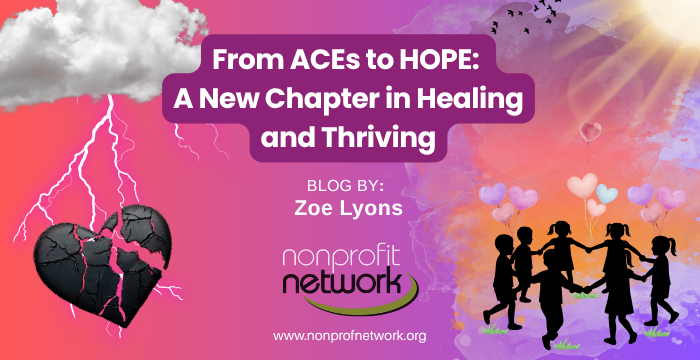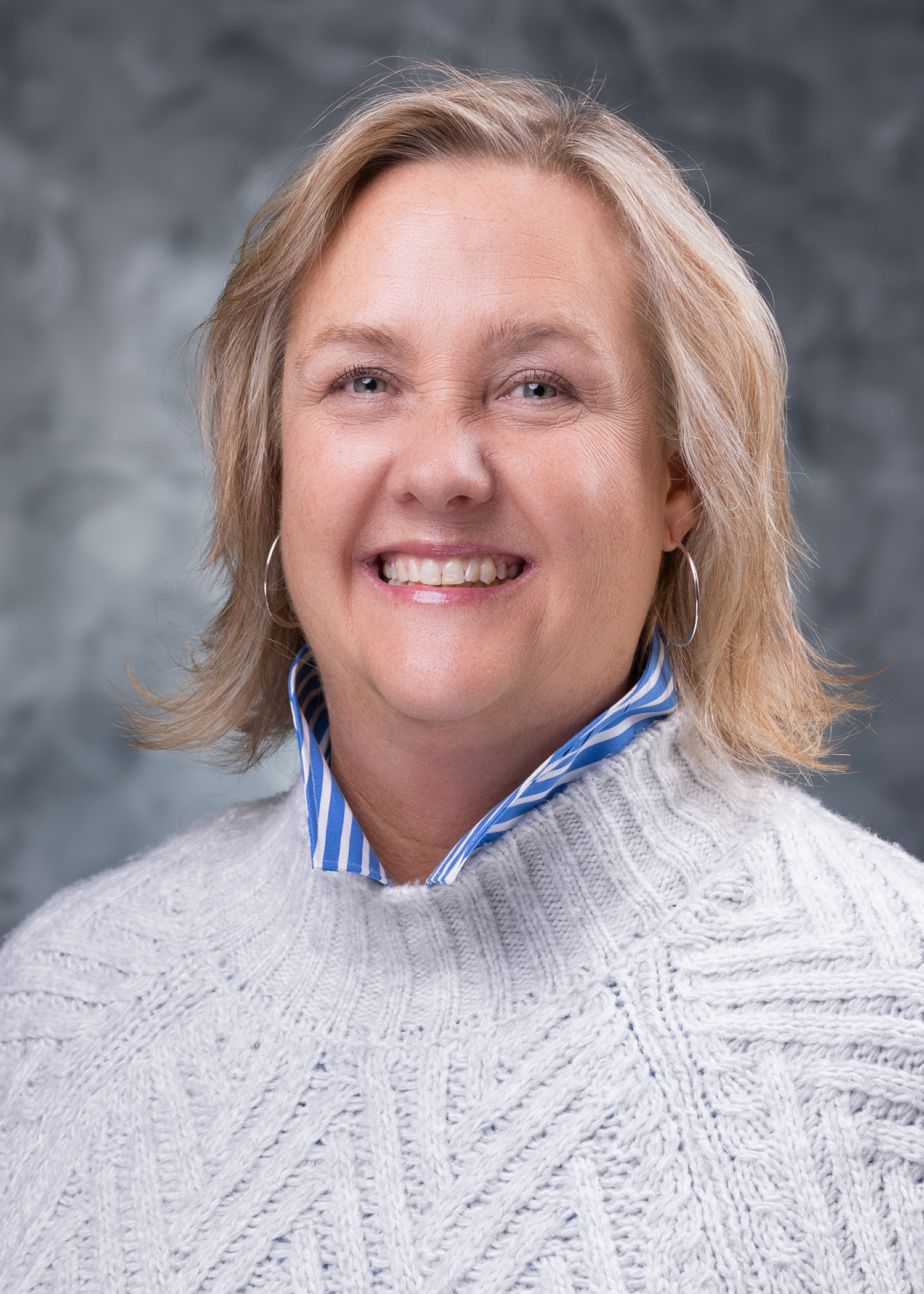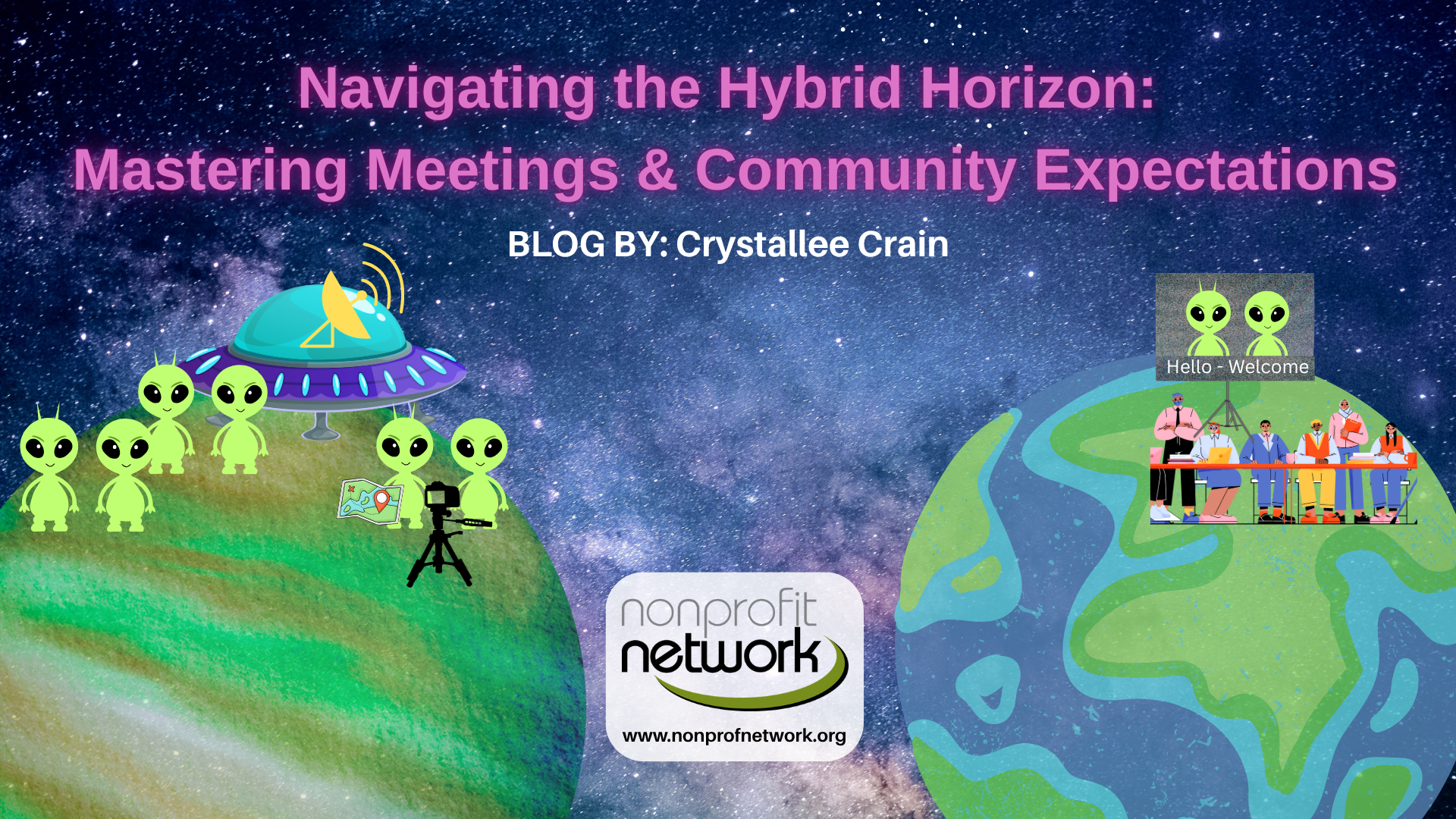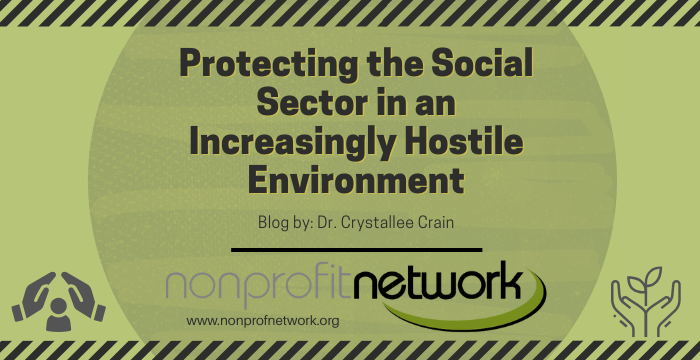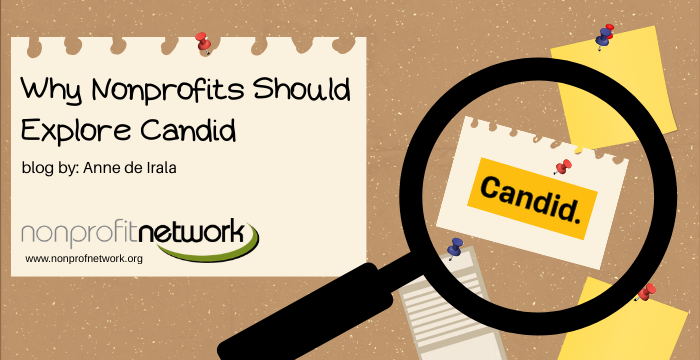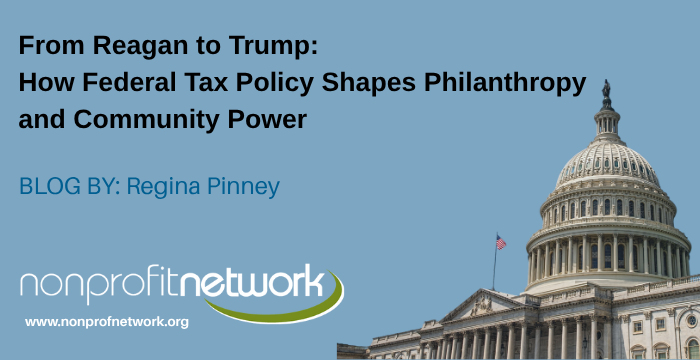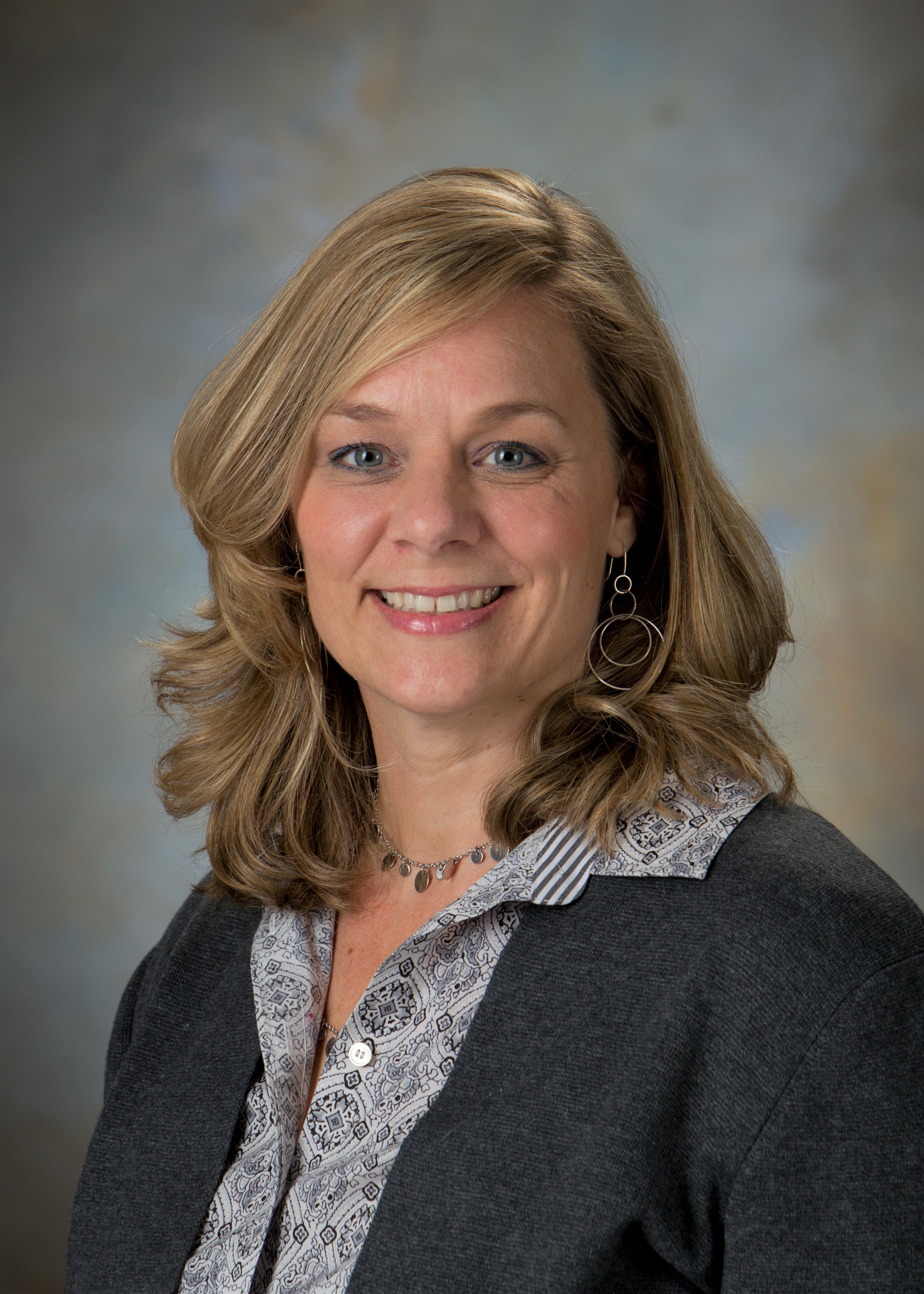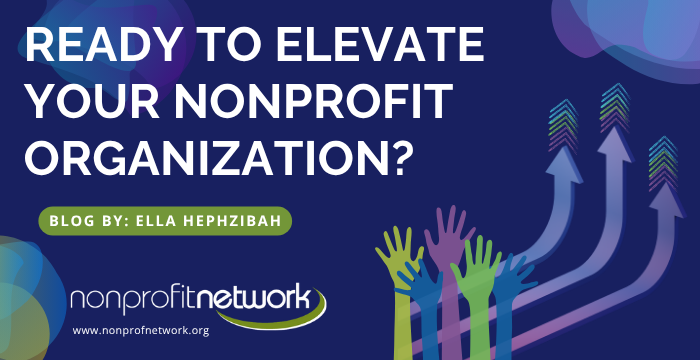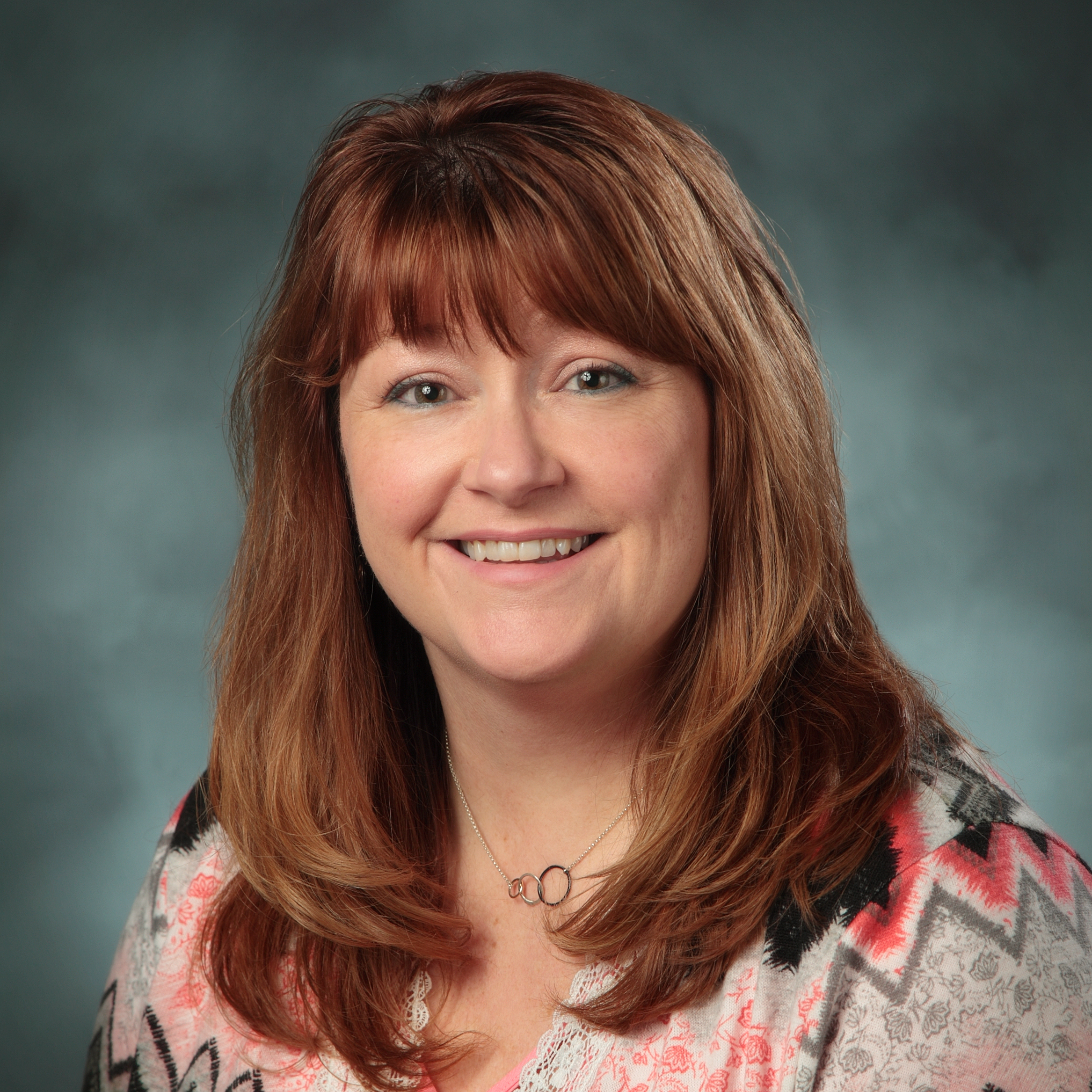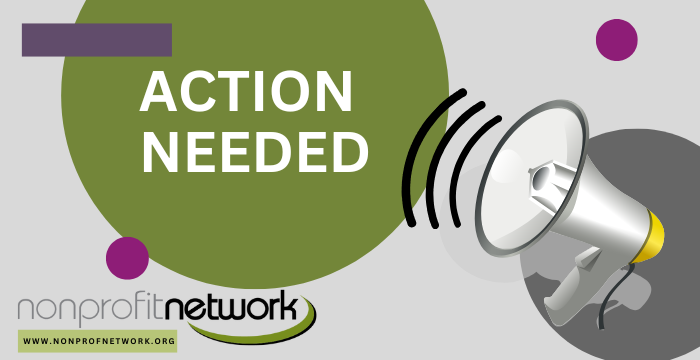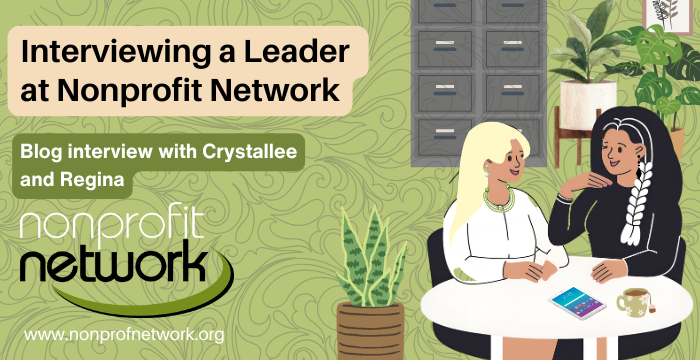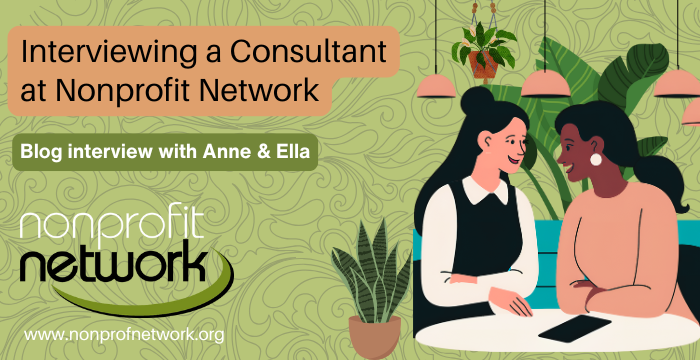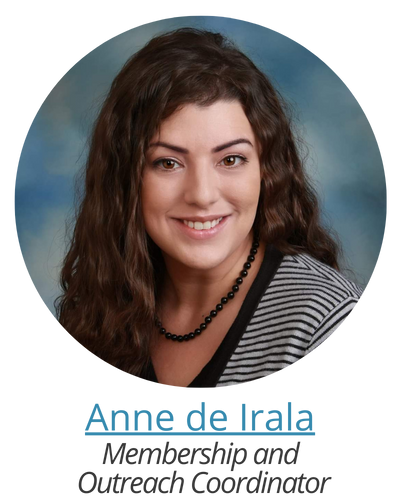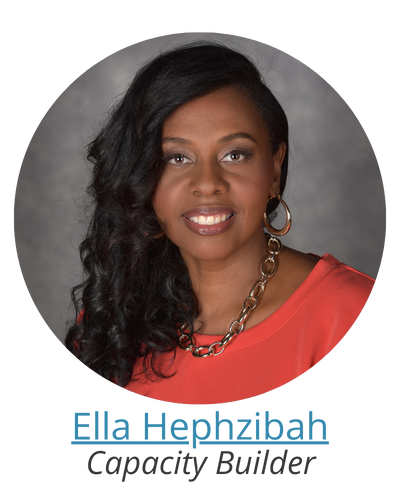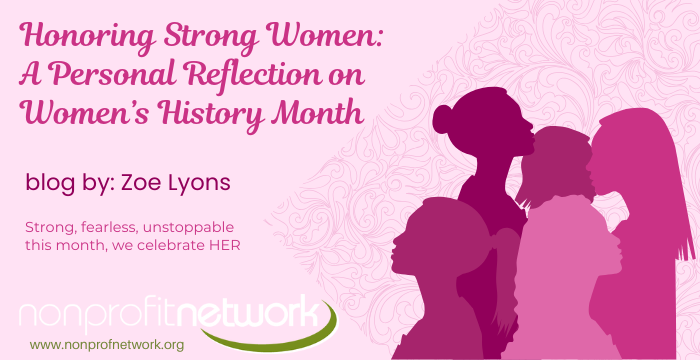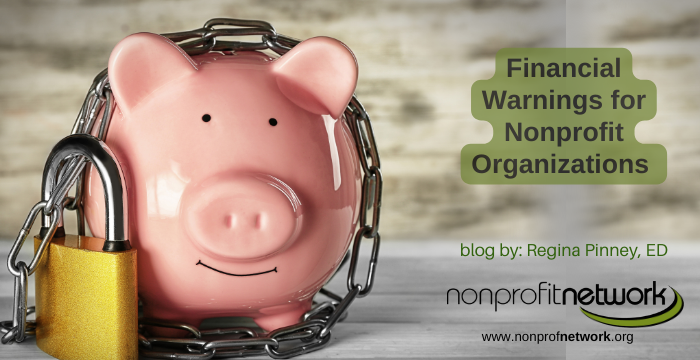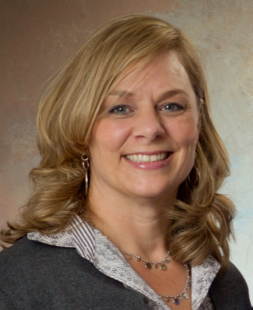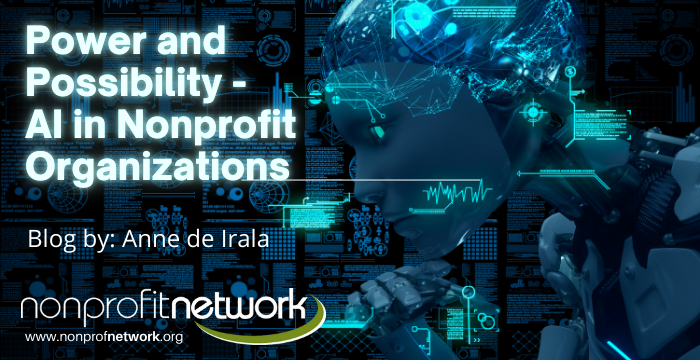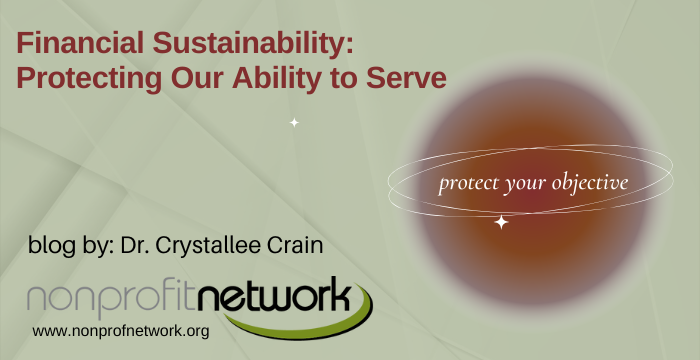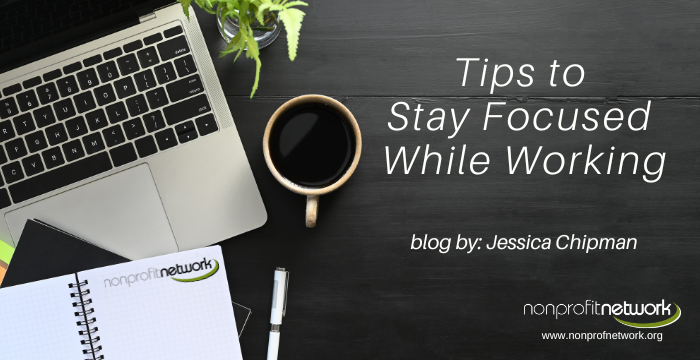

In the heart of Jackson, particularly the south side where the sun rises over familiar streets and the laughter of children echoes in the air, I found my definition of **black excellence**. As a young girl, I watched my mother navigate life with unwavering strength and grace. She was the embodiment of resilience, a woman who wore her struggles like a crown, turning them into steppingstones for our family and community. Growing up, I often marveled at her ability to command a room. She fought for her voice to be heard, never backing down from a challenge. I remember sitting at the kitchen table, listening to her speak passionately about the issues that mattered to us—education, equality, and empowerment. Her fervor ignited a fire within me, showing me that our voices, no matter how small, had the power to create ripples of change. Black Excellence is more than just individual success; it’s about uplifting those around us. My mother taught me that our victories are intertwined with our community’s triumphs. She made it a point to lend a helping hand to those in need, whether it was organizing food drives or mentoring young girls in the neighborhood. Her commitment to service was a testament to the idea that true excellence lies in giving back. As I grew older, I found myself stepping into roles that echoed her legacy. I became involved in local initiatives, advocating for youth programs and fostering connections among families. Each small accomplishment felt monumental, a tribute to my mother's spirit. I realized that every meeting I attended, every voice I lifted, was a continuation of her fight—a fight for belonging, representation, and most importantly, for the right to dream. In our small town, I witnessed the power of community. I saw neighbors come together, supporting one another in ways that transcended individual struggles. Together, we celebrated milestones, shared burdens, and created a tapestry of resilience. Each achievement, no matter how minor, was a step toward the recognition we deserved, a testament to our collective strength. As I reflect on my journey, I know my mother would be proud. She would celebrate each small victory, understanding that they are the building blocks of something greater. **Black excellence** is not just about reaching the top; it’s about the journey, the fight, and the unwavering commitment to uplift our community. It’s about ensuring that every voice is heard and every seat at the table is filled.


In Jackson, we are not just striving for excellence; we are redefining it. Together, we are crafting a legacy that will inspire future generations to stand tall, to speak boldly, and to embrace their worth. My mother laid the groundwork, and now it’s my turn to continue this work—because black excellence is not just a dream; it is our reality, and it is ours to shape.
Celebrating Black history and recognizing the significance of Black History Month is not just a commemoration of the past; it is an essential act of honoring the resilience, achievements, and contributions of Black individuals throughout history. This celebration serves as a reminder of the struggles faced, the barriers overcome, and the ongoing fight for equality and justice. It provides an opportunity for all of us to reflect on the richness of Black culture, the diversity within the community, and the continued journey toward inclusivity and belonging.
As we observe Black History Month, we are called to acknowledge the remarkable contributions of Black leaders, artists, scientists, and activists who have shaped our world. Figures such as Martin Luther King Jr., Maya Angelou, and more recently, individuals like Amanda Gorman and Ta-Nehisi Coates have paved the way for future generations, inspiring them to dream big and embrace their identities. Their stories are not just historical; they are a testament to the power of resilience and creativity, encouraging us to aspire to greatness regardless of our circumstances.
In contemporary society, we witness the importance of diversity, inclusion, and belonging through various initiatives that aim to uplift and empower marginalized communities. For instance, organizations are increasingly focusing on creating diverse workforces and inclusive environments, recognizing that varied perspectives foster innovation and creativity. Schools and educational programs are prioritizing curricula that celebrate Black history, ensuring that young students understand and appreciate the richness of Black heritage.
Moreover, community-driven initiatives that celebrate Black excellence are vital in validating and encouraging young Black youth to dream big. For example, mentorship programs that connect young Black students with successful professionals in their fields of interest can provide invaluable guidance, support, and inspiration. These programs not only help to change mindsets but also create pathways for future success, demonstrating that with hard work and determination, they can achieve anything they set their minds to.
My commitment to celebrating and honoring Black excellence within my community manifests in various ways. One initiative I am particularly passionate about is my involvement in the planning of a local Black History Month event that highlights the achievements of Black individuals in our community. By showcasing local artists, entrepreneurs, leaders, and amazing community members doing great things to uplift and represent the embodiment of black excellence we can inspire young people to see the possibilities before them. This event celebrates their contributions and is aimed at empowering our youth, helping them to cultivate a growth mindset that encourages them to pursue their dreams and aspirations.
Additionally, fostering an environment of inclusion means creating spaces where young Black individuals feel seen, heard, and valued. Encouraging dialogues around identity, culture, and history can help dismantle stereotypes and build bridges of understanding among diverse groups. Events like this can provide a platform for discussion and reflection, fostering a sense of belonging and connection among participants.
As we celebrate Black History Month, let us remember the importance of uplifting Black voices and stories. It is our collective responsibility to ensure that the achievements of Black individuals are recognized and celebrated not only during this month but throughout the entire year. By validating the experiences and aspirations of young Black youth, we can empower them to dream big, change their mindsets, and live their best lives.
In closing, let us take this opportunity to commit to a future where diversity, inclusion, and belonging are not just ideals but lived realities. By honoring Black history and celebrating Black excellence, we can inspire future generations to reach for the stars, knowing that their dreams are valid and achievable. Together, we can create a world that celebrates the beauty of our differences, and the strength found in unity, where every young person feels empowered to make their mark on the world.
If you'd like to schedule a time for a discussion around strategies for your organization, please email [email protected] so we can schedule a time together.
Want even more? Click here to sign up for our weekly e-newsletter. Each week you'll get a link to the most recent news, workshops, and sector updates. We promise to respect your time and will not flood your inbox. We send a weekly Friday e-newsletter and if any important announcements need to be made.



